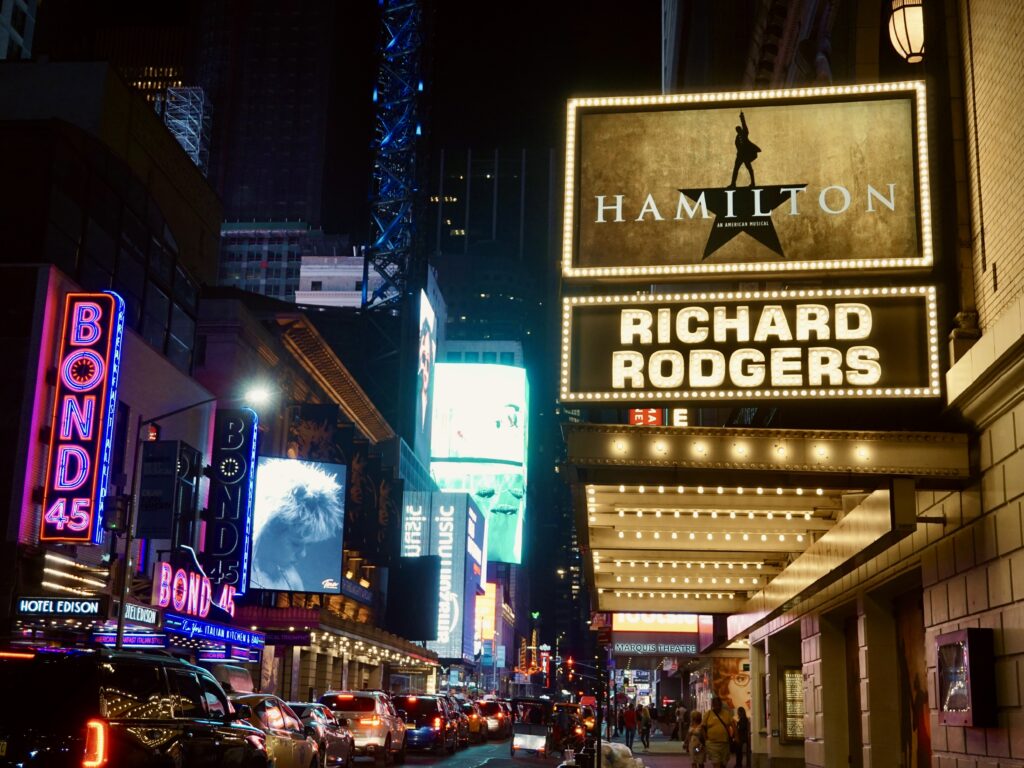A Spoiler on Spoilers

Hey there,
so I used to think spoilers were the worst thing that could happen to a story. Like, I used to be scared people would reveal details from episodes of shows I hadn’t seen yet, feeling like would might ruin my entire viewing experience. But then I read this article by psychologist Anna-Lisa Cohen, and now I’m rethinking everything.
She and her colleagues did this study where they showed people an Alfred Hitchcock episode, Bang! You’re Dead. Some people went in blind, while others were told exactly how it would end. The researchers expected the spoiled group to be less into it—because, you know, no surprises—but that didn’t happen. Everyone was just as hooked, just as stressed, just as fully immersed in the story.
And honestly? That makes total sense. Because when it comes down to it, tension is way more powerful than surprise.
Surprise is when we’re watching a nice, normal dinner scene and—boom—a bomb goes off. We jump, our brains freak out for a second, but then that’s it. Tension is another thing entirely. It’s when we already know there’s a bomb under the table, ticking away while the characters keep sipping their wine, completely unaware. Suddenly, every second stretches. Every meaningless conversation feels like life or death. We’re losing our minds because we know something they don’t.
That’s why spoilers don’t actually ruin stories. The best ones don’t rely on shocking you—they hook you with inevitability.
Take Hamilton. The very first song of the musical straight-up tells us Aaron Burr is going to shoot Hamilton. No mystery, no shocking last-minute twist. Burr even spells it out himself:
“And me? I’m the damn fool that shot him.”
That’s a spoiler if I’ve ever heard one. But instead of ruining the show, it makes the whole thing so much better.
From that moment on, every argument, every bad decision, every rivalry, we feel it closing in. Hamilton’s whole philosophy of “I’m not throwing away my shot” suddenly carries extra weight because we know where that mindset is going to lead him. His ambition, his inability to stay quiet, his need to be at the center of everything—it’s all hurtling toward that duel, and there’s nothing we (or he) can do to stop it.
And then there’s Burr. If the show kept the duel a secret, we’d probably view him differently. Maybe as a classic villain, a man whose jealousy got the best of him. But because we already know he’s going to kill Hamilton, every single thing he does is laced with tension. We see his resentment build, his frustration grow. He watches Hamilton rise, over and over, while he’s constantly sidelined. The whole time, we’re watching two men march toward their inevitable final confrontation, waiting for the moment they finally snap.
By the time we reach “The World Was Wide Enough”, we don’t need to be shocked by what happens. We’re already devastated, because we’ve seen every step that led here. The second Hamilton decides to throw away his shot (literally, this time), it clicks: of course this is how it ends.
That’s the power of inevitability. Hamilton doesn’t rely on surprising us—it grips us by showing us the destination from the very beginning and making us feel every inch of the journey. And that’s why spoilers don’t kill good storytelling. If anything, they make it stronger.
So yeah, maybe we’re all a little dramatic about spoilers. The best stories aren’t about what happens, they’re about how it happens. And if knowing the ending makes us even more invested, maybe spoilers aren’t the enemy after all.
Talk to you soon—
—Lara